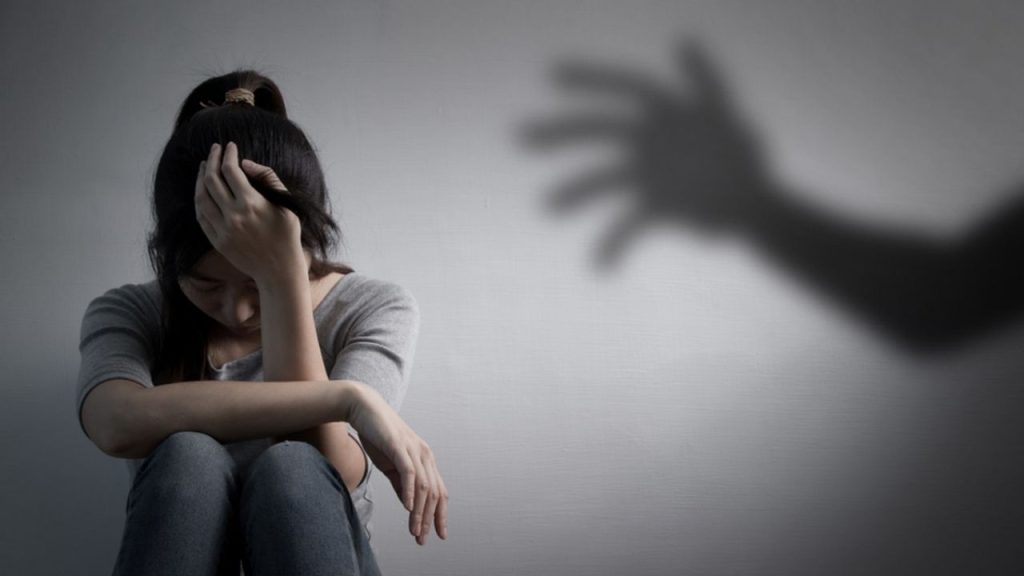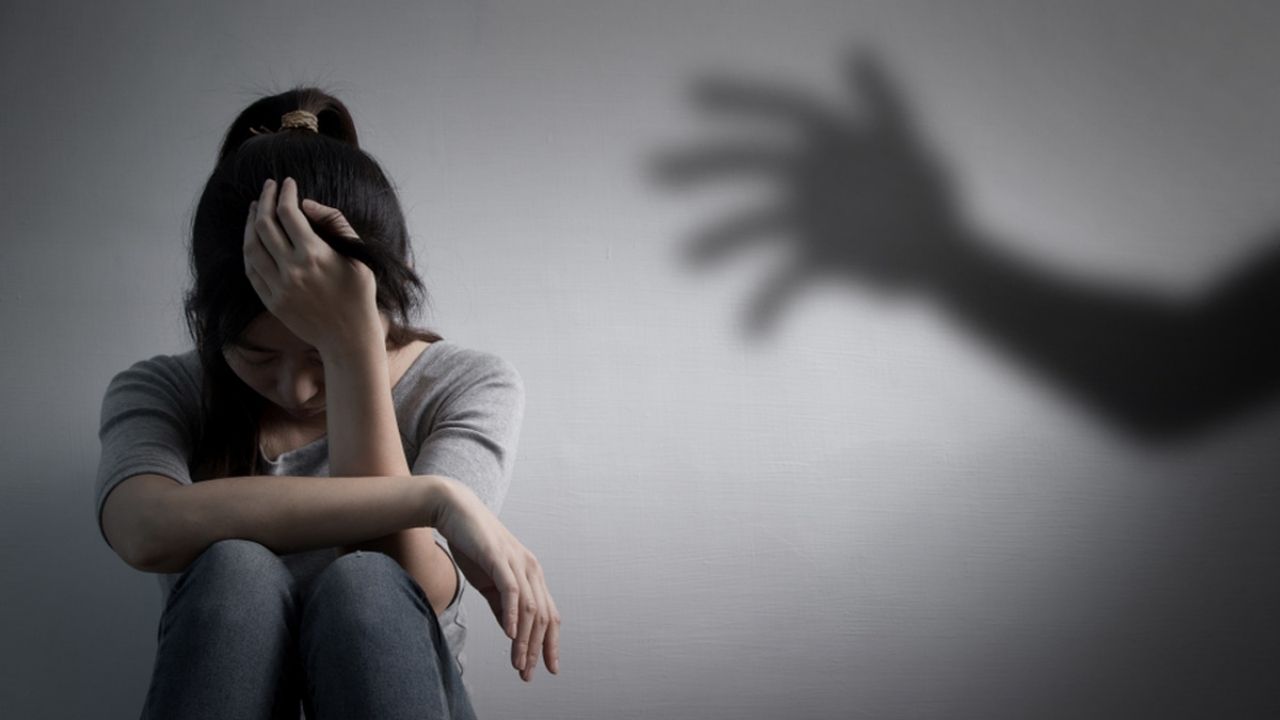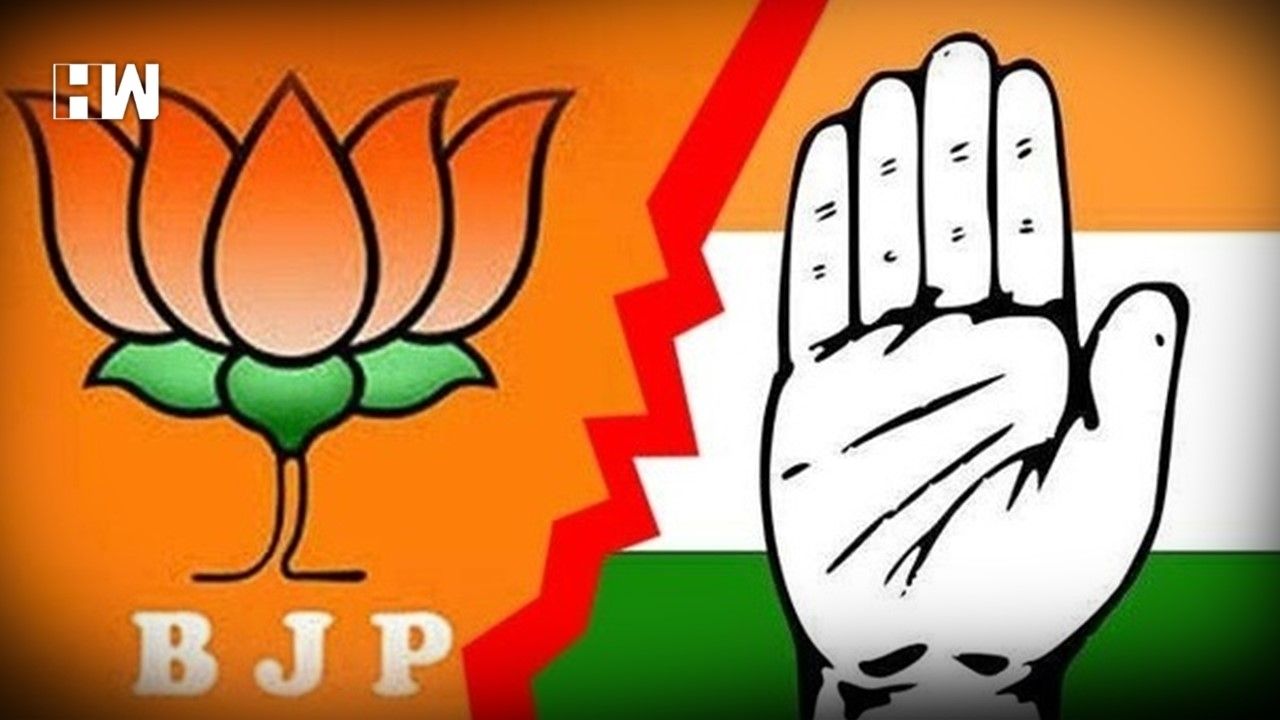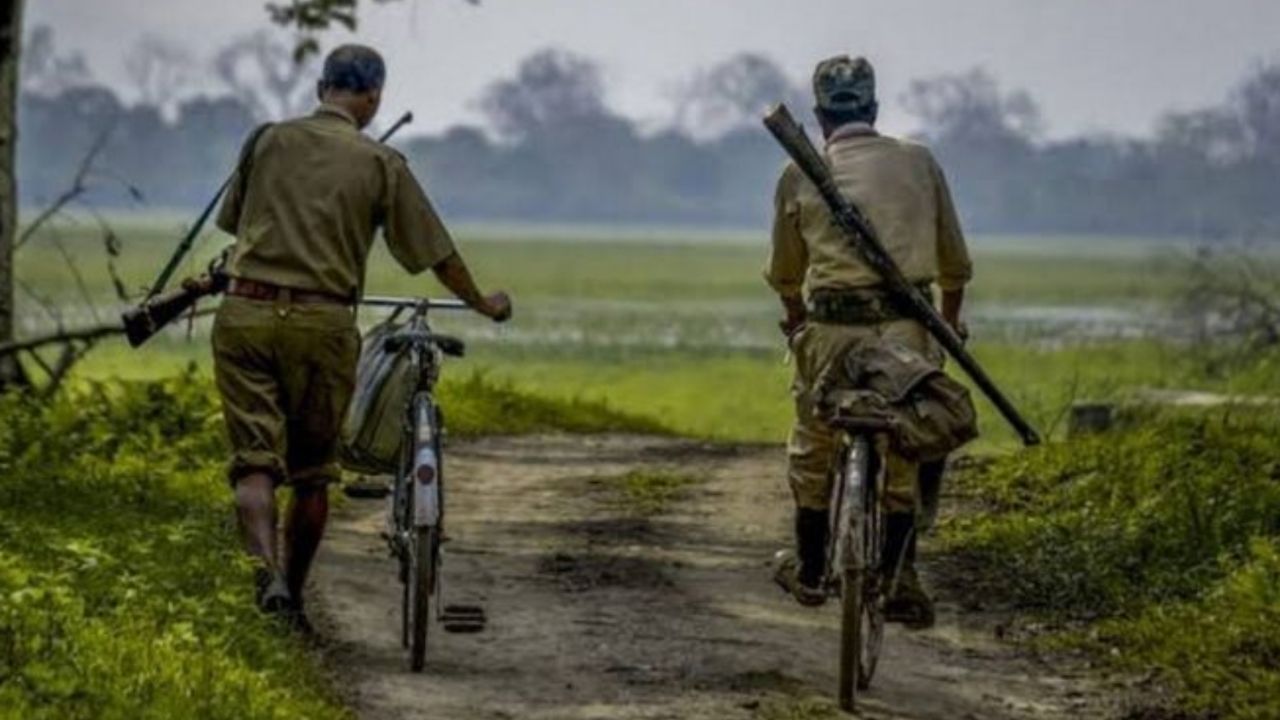The heartbreaking incident of a young student’s tragic self-immolation in Odisha has brought to light the severe consequences of unaddressed sexual harassment within educational institutions. In a disturbing turn of events, a 20-year-old student, enrolled at Fakir Mohan Autonomous College in Balasore, Odisha, set herself on fire on July 12, 2025, in what is being described as an act of despair following months of alleged sexual harassment by her teacher. The student, who suffered over 90% burn injuries, remains in critical condition at the AIIMS in Bhubaneswar. This incident has sparked outrage, as it brings attention to the systemic issues related to sexual harassment, the role of educational institutions in addressing complaints, and the need for stronger protective measures for students.

Odisha Student Dies by Self-Immolation
| Key Point | Details |
|---|---|
| Incident | Student self-immolated over alleged sexual harassment by teacher. |
| Location | Fakir Mohan Autonomous College, Balasore, Odisha |
| Accused | Samir Kumar Sahu, Head of the Education Department |
| Severity of Injuries | Over 90% burns; student remains critical |
| Institutional Response | Teacher arrested; Principal suspended; High-level inquiry launched |
| Government Response | Inquiry led by Odisha government to prevent future tragedies |
The tragic incident in Odisha serves as a wake-up call for educational institutions across the country. Sexual harassment in schools and colleges is an issue that needs to be addressed head-on. The responsibility lies not just with the accused individuals but also with the institutions to ensure that all students feel safe, valued, and supported. By taking meaningful steps toward prevention, education, and support, we can create a more just and equitable environment for all students.
Background: What Happened?
This tragic incident unfolded on the campus of Fakir Mohan College in Odisha, where a second-year Integrated B.Ed student made a desperate decision to end her suffering after months of alleged harassment. The teacher in question, Samir Kumar Sahu, was accused of demanding sexual favors and threatening to fail the student unless she complied. The student, courageous enough to report the harassment, had lodged a complaint with the college’s Internal Complaints Committee (ICC) on July 1. However, despite her formal complaint, no action was taken by the college administration.
In the face of inaction, the student resorted to public protests on campus, seeking justice, but the situation escalated quickly. The culmination of her emotional and psychological distress led to her tragic decision to self-immolate. A fellow student, who attempted to save her, also sustained severe burns during the incident. The student was rushed to the hospital, but her condition remains critical, and her life hangs in the balance.
The Broader Issue: Sexual Harassment in Educational Institutions
Sexual harassment in schools and colleges is unfortunately not a rare occurrence. According to a 2019 study conducted by the National Commission for Women (NCW), 66% of female students reported facing some form of sexual harassment during their academic careers. This alarming statistic underscores the deep-rooted issue of harassment in educational institutions, where power imbalances often go unchecked.
In this case, the teacher’s position of authority and the student’s vulnerability played a significant role in perpetuating the harassment. Sahu, as the Head of the Education Department, used his influence over the student’s academic career to manipulate and control her. This not only violated her trust but also left her feeling powerless and isolated. For many students, the fear of retaliation or academic consequences leads them to remain silent about such experiences, further perpetuating a culture of impunity.
Educational institutions are meant to be safe spaces where students can focus on their learning and personal growth. However, when harassment goes unaddressed, it erodes the very fabric of the educational experience. In this case, the failure of the college to respond to the student’s complaint exacerbated the situation and ultimately led to tragedy.
Steps That Could Have Prevented This Tragedy
1. Timely Action on Complaints
One of the most glaring issues in this case is the lack of action following the student’s formal complaint. The Internal Complaints Committee (ICC), mandated by the Sexual Harassment of Women at Workplace (Prevention, Prohibition, and Redressal) Act, 2013, is supposed to investigate complaints of sexual harassment. However, when these mechanisms fail to act swiftly and transparently, it leads to frustration, helplessness, and even more severe outcomes like the one witnessed in Odisha. Educational institutions must ensure that complaints are treated with the utmost urgency and that there are clear steps for addressing grievances.
2. Improved Grievance Redressal Systems
Educational institutions must put in place robust grievance redressal mechanisms. This includes setting up clear, accessible channels for reporting harassment, ensuring confidentiality, and providing emotional support to victims. Colleges must also train staff and students on how to recognize, report, and prevent harassment, creating an environment where victims feel supported rather than stigmatized.
3. Stronger Preventive Measures
While many colleges have internal committees to handle sexual harassment complaints, there is still a significant gap in preventive measures. More awareness campaigns, regular training, and strict policies against harassment must be enforced across all educational institutions. Schools and colleges should also work closely with law enforcement to ensure that there is swift action if harassment leads to criminal behavior, as it did in this case.
4. Providing Support for Victims
Victims of sexual harassment need more than just legal protection; they need emotional and psychological support. Schools and colleges should offer counseling services to students, especially those who come forward with complaints. This support should be non-judgmental and aimed at helping students navigate the trauma they’ve experienced.
The Response: What’s Being Done Now?
In the wake of this tragedy, the Odisha government has launched a high-level inquiry into the incident. The accused teacher, Samir Kumar Sahu, has been arrested on charges of sexual harassment and abetment of suicide. His actions have raised questions about the accountability of educators and the need for stronger checks on their behavior.
The principal of Fakir Mohan College has been suspended pending the investigation, and the Odisha government has pledged to take stringent action based on the inquiry’s findings. This includes reviewing the college’s internal mechanisms for handling complaints and ensuring that proper actions are taken against individuals found guilty of misconduct.
In the broader context, this incident has sparked a conversation about the effectiveness of grievance redressal systems in educational institutions across India. Experts are calling for a comprehensive review of how Internal Complaints Committees operate to ensure that they are impartial, effective, and act in a timely manner.
How Educational Institutions Can Do Better
Here are some practical steps that schools, colleges, and universities can take to prevent incidents like this from occurring:
- Conduct Regular Awareness Campaigns: Schools and colleges should run regular campaigns about sexual harassment, explaining what constitutes harassment and how to report it.
- Strengthen Complaint Mechanisms: Implement anonymous reporting systems and ensure that complaints are taken seriously and addressed promptly.
- Provide Counseling Services: Offer counseling to students who experience harassment, giving them a safe space to share their experiences and seek help.
- Create a Zero-Tolerance Policy: Establish a zero-tolerance policy towards harassment, ensuring that there are severe consequences for those who violate these rules.
Odisha Reintroduces Pass-Fail System for Classes 5 & 8; Students Must Clear Annual Exams to Progress
Ravenshaw University Students Fall Ill Following Hostel Meal: 44 Admitted to SCB Hospital
Private Buses Back on Track: Relief for Odisha Passengers Amid Drivers’ Strike
FAQs
What is sexual harassment in educational institutions?
Sexual harassment in educational institutions refers to any unwelcome behavior of a sexual nature that creates a hostile or intimidating environment for the student. This can include verbal harassment, physical touching, or threats.
How should a student report harassment at school or college?
A student should report harassment to the school’s Internal Complaints Committee (ICC), or to a trusted faculty member. If the institution does not take action, students can seek help from external authorities like the police or women’s rights organizations.
What should schools do if a harassment complaint is made?
Schools and colleges should investigate the complaint promptly, ensure confidentiality, and take appropriate action to address the issue. This may include disciplinary action against the perpetrator, counseling for the victim, and improving institutional safeguards.
How can we prevent sexual harassment in schools and colleges?
Preventing harassment requires creating a culture of respect and accountability, providing training on sexual harassment, and having clear procedures in place for reporting and addressing complaints. Educational institutions must foster an environment where students feel safe and supported.





